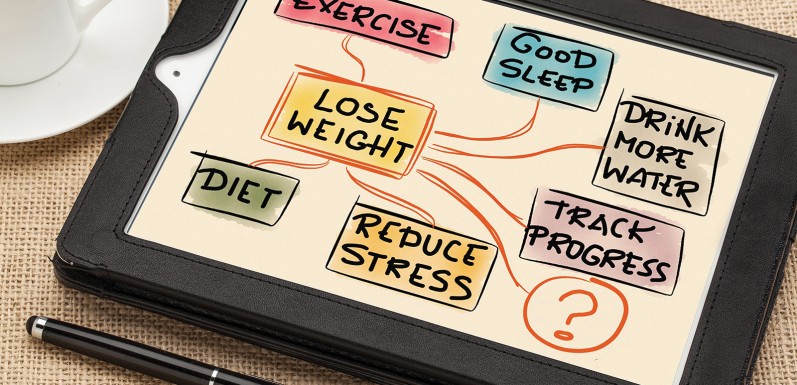This is a Twelve-weeks learning intervention program that involves a blend of traditional method of learning in face-to-face classroom and learning from social media. Because of the COVID-19 challenge, participants would be taught face to face on a zoom call until University of Lagos students resume on campus physically.
The Objective
This weight management program is to improve Body Mass Index(BMI) to be within the normal range, improve body image satisfaction, adopt healthy weight management practices and reduce the prevalence of disordered eating.
The results of the pre-intervention survey showed that only 75 were within the normal BMI range, body image dissatisfaction was high and wrong methods were adopted in weight management.
The content of the 12 weeks Weight Management Programme are as follows:
Week 1: Setting a reasonable weight goal
Week 2: Factors that influence body weight and unnecessary eating
Week 3: Healthy ways of managing body weight and additional benefits
Week 4: The importance of dietary diversity and healthy eating tips
Week 5: Demonstration of healthy cooking methods.
Week 6: Fast foods, take away and dining out.
Week 7: Interpreting food labels
Week 8: Increasing physical activity without going to a gym
Week 9: Incorrect perceptions regarding weight control e.g., fad diets
Week 10: Body image, factors influencing it, and how to improve
Week 11: Disordered eating and its identification
Week 12: Summary of lesson learnt and presentations of feedbacks
Methods of the intervention program
A blended learning (An interactive online and face-to-face learning) program will be conducted. Face to face learning through webinars will be delivered on Zoom once a week. Thereafter, key points from the webinar will be shared through a designed post on WhatsApp, Facebook and Instagram. Please register on my research website Foluolatona.com and follow @foluolatona.research on all social media handles.
At least 30 minutes after each session will be allotted for discussion, Questions & Answers. E-mails will be sent to remind participants of lessons learnt during each session before another session.
WhatsApp will be used for reinforcing the messages, entertaining questions and discussions among the participants and instructors one other day of the week apart from the webinar or lecture day.
Setting a reasonable weight goal
If you desire weight management whether you want to lose, maintain or gain weight, your goal must be realistic and you must keep a healthy body. A healthy body supports the appropriate weight for your body frame. Losing just 10 percent of excess fat can improve the health of someone who needs to lose, therefore don’t practice yo-yo dieting depriving yourself of necessary food and nutrients.
Wrong methods of weight management lead to loss of muscle instead of fat. Strong muscles are needed to sustain the process; therefore, you should eat healthy to build muscles.
Many people don’t set weight goals and become frustrated trying. Set a specific goal so that you can track your progress. People who set a realistic target weight goal are likely to achieve faster and greater long-term results. Setting goals for weight management through diet and increased physical activity achieved better results than setting alternate goals to be achieved through alternative methods? Check your BMI by dividing your weight in Kg by your height in metre2 to determine if you need to gain, maintain or lose weight. Don’t just set a goal of losing or gaining weight arbitrarily.
| BMI | Nutritional status |
| Below 18.5 | Underweight |
| 18.5–24.9 | Normal weight |
| 25.0–29.9 | Pre-obesity |
| 30.0–34.9 | Obesity class I |
| 35.0–39.9 | Obesity class II |
| Above 40 | Obesity class III |
Smart weight goal
Moreover, don’t just set an outcome goal. Break it down and set process goals that state the exact thing you wish to accomplish in your water intake, diet, physical exercise, sleep and stress management. Ensure that both process and outcome goals meet the following criteria. They must be specific, achievable, measurable, relevant, time-bound.
Make allowance for setbacks while trying to achieve your goal. Re-assess and adjust your goals as you make progress.
Conclusion
What weight goal can you achieve in 6 months? Calculate your BMI and determine excess weight or level of underweight. Set a reasonable weight goal to address the situation. Determine the necessary process goals. Plan them to be SMART. Evaluate your goals and readjust as necessary

